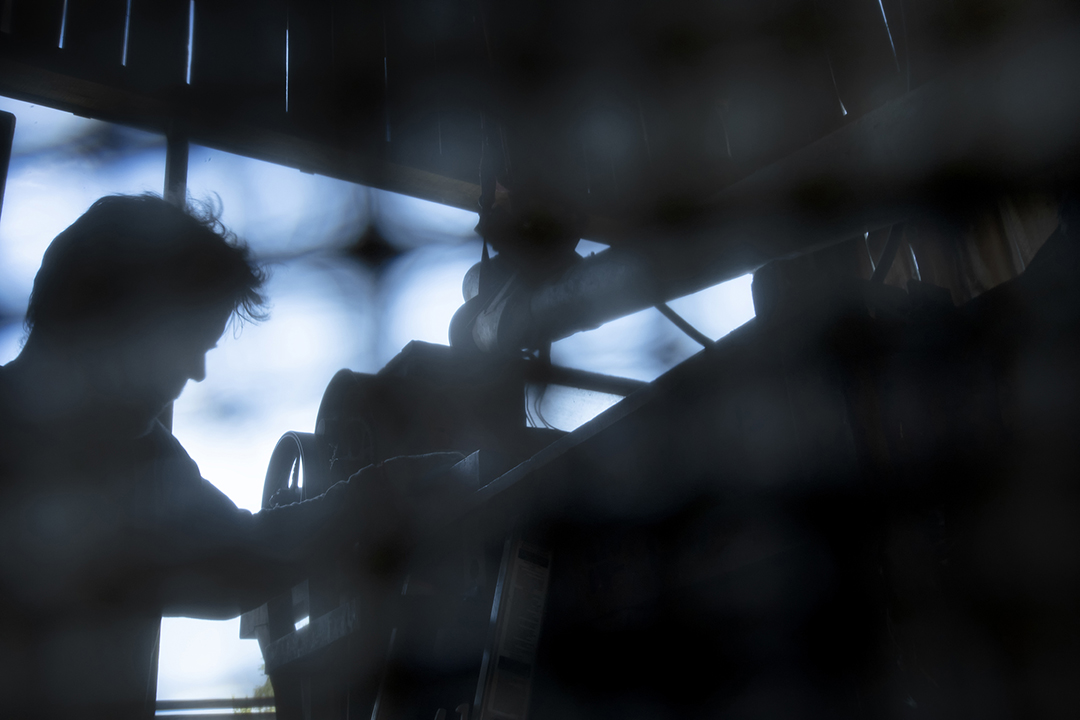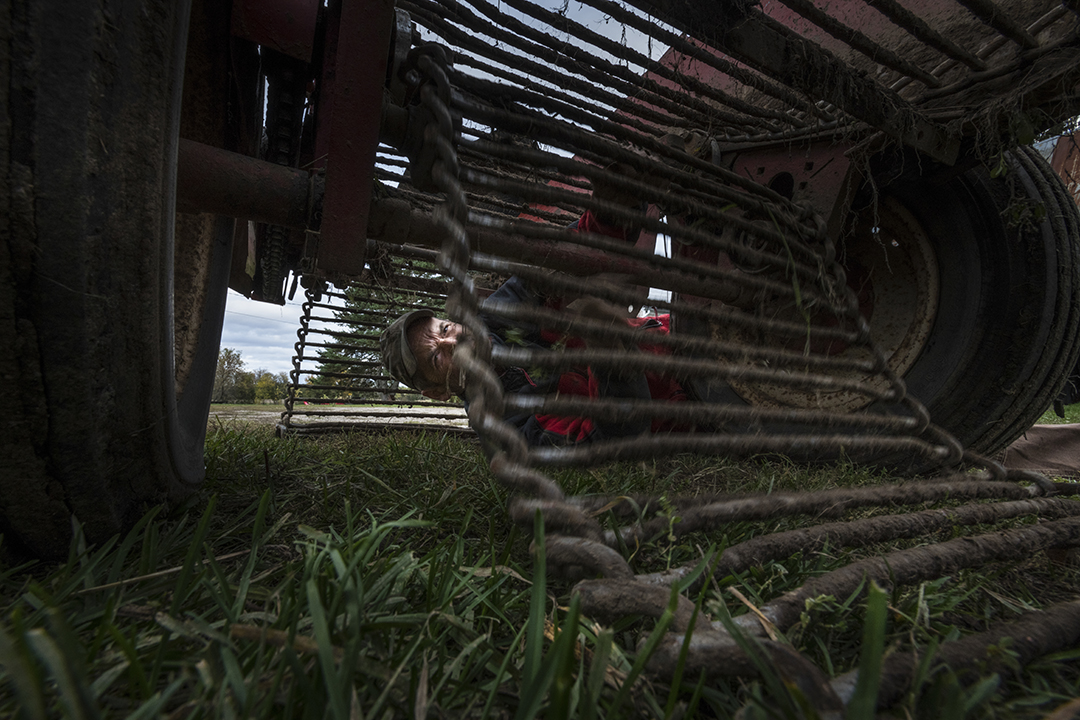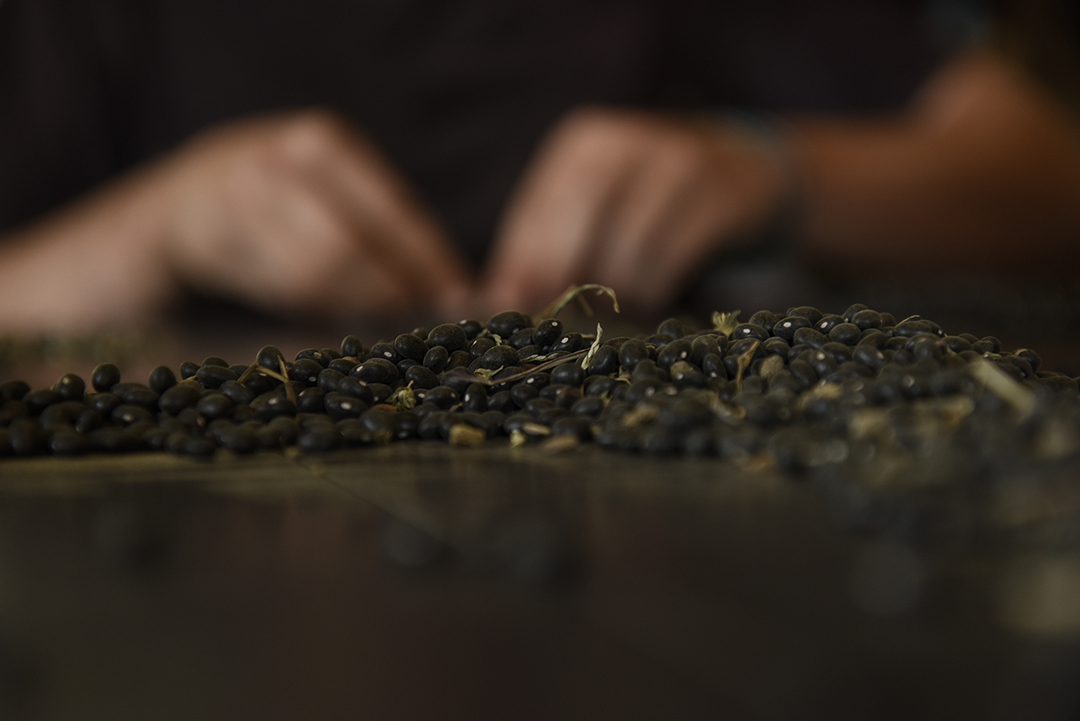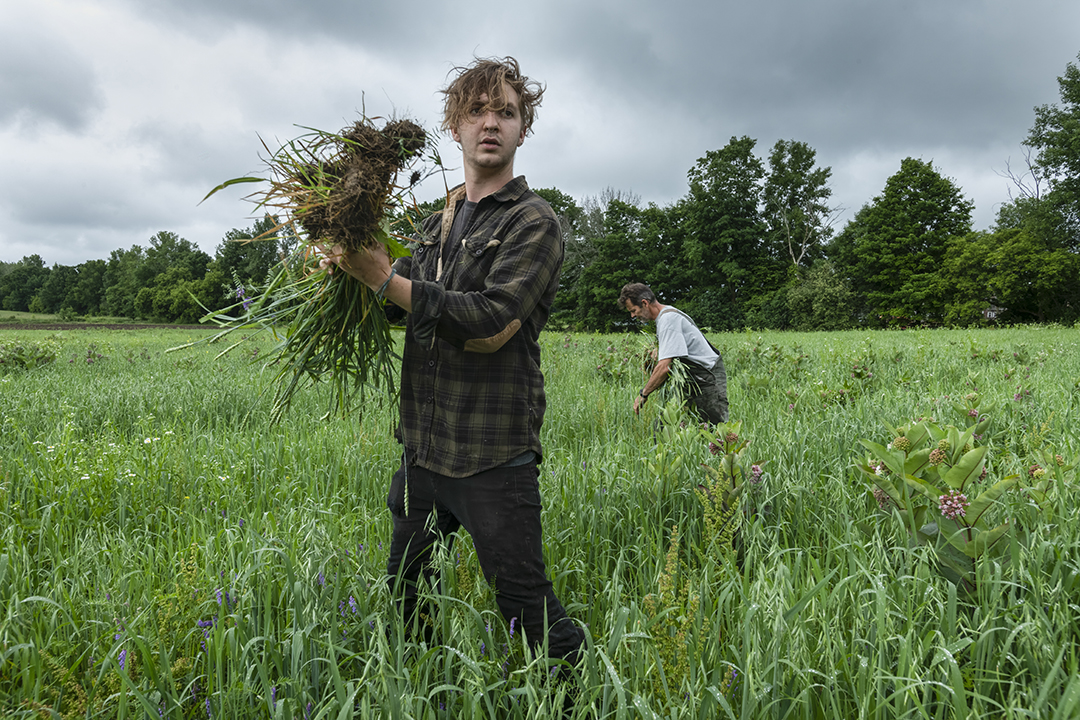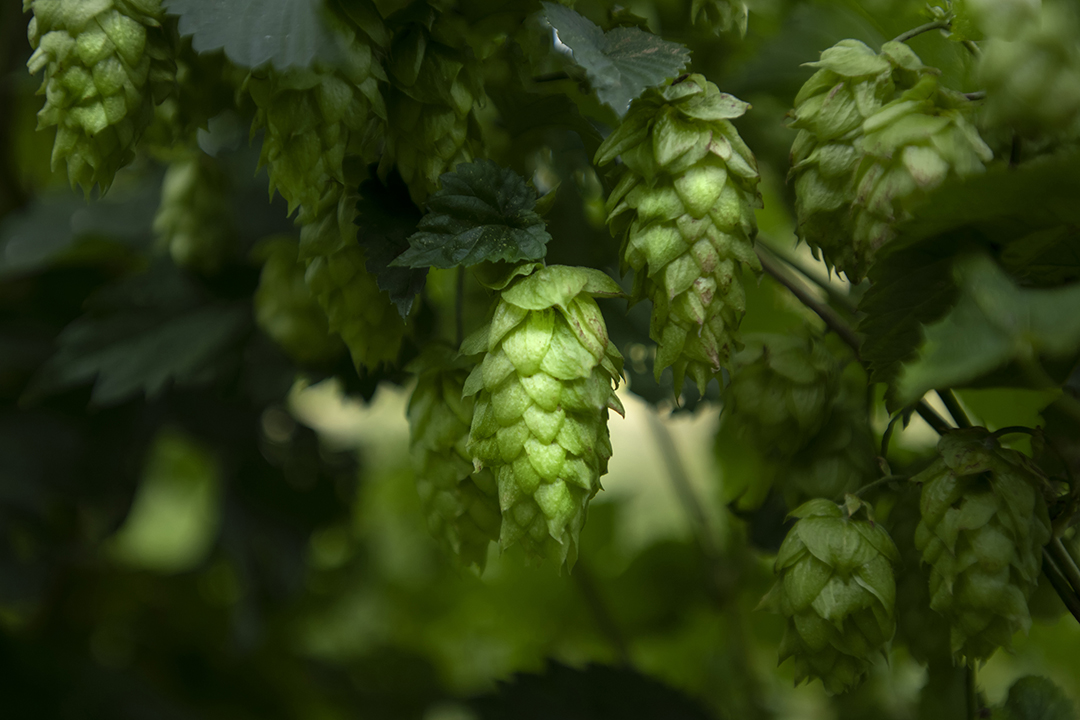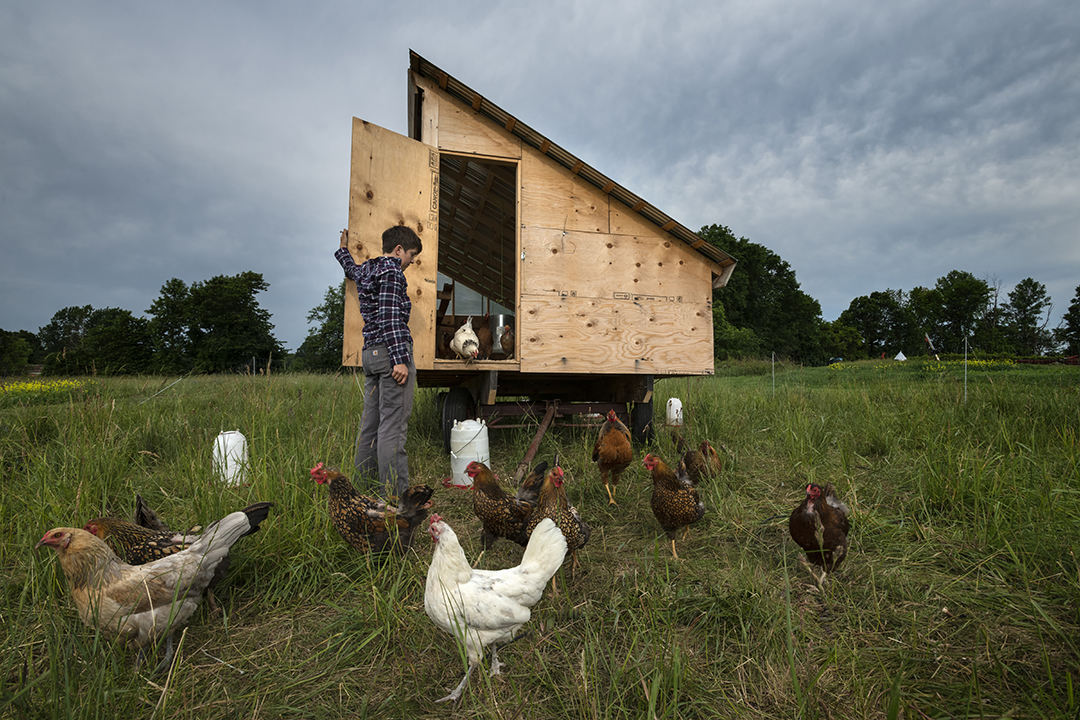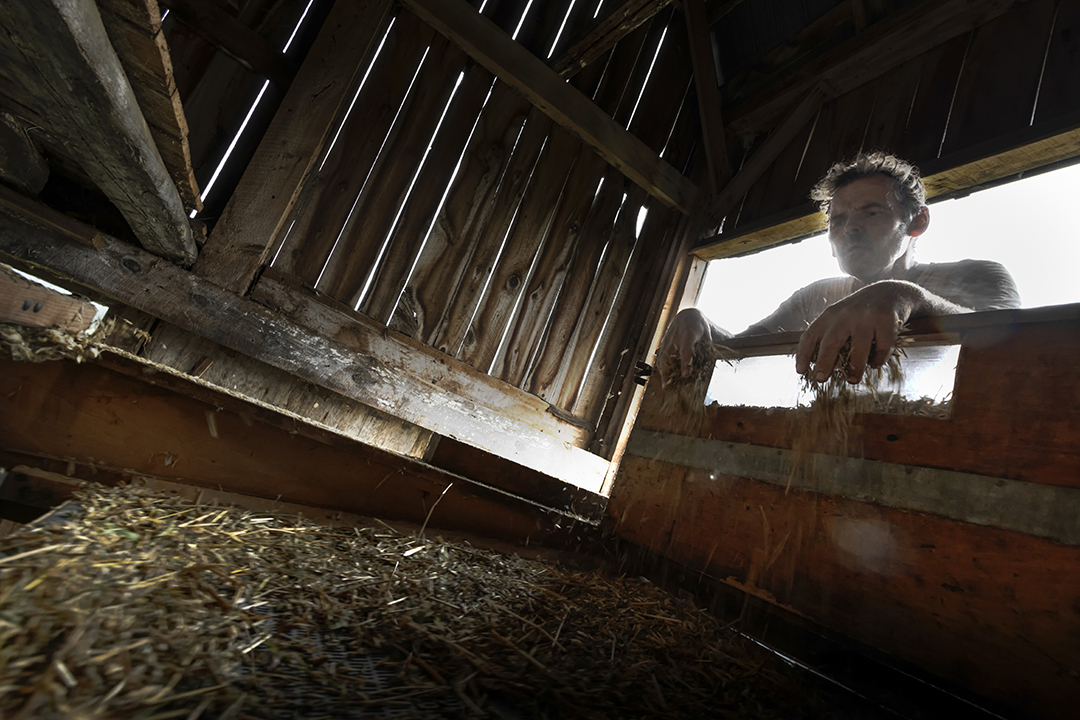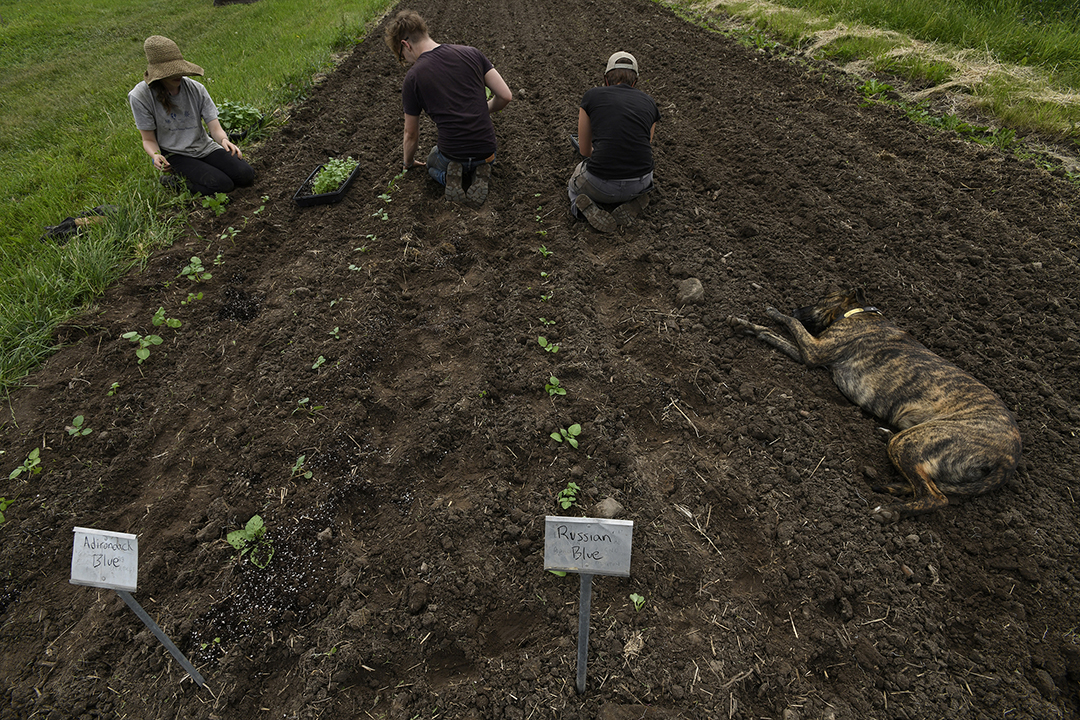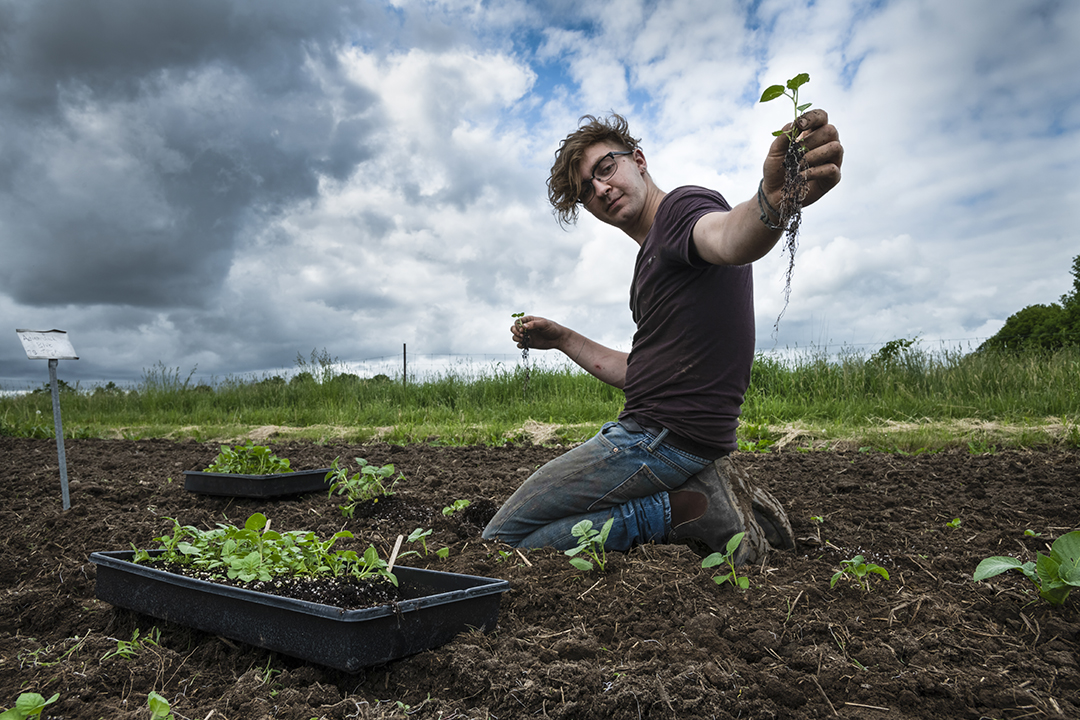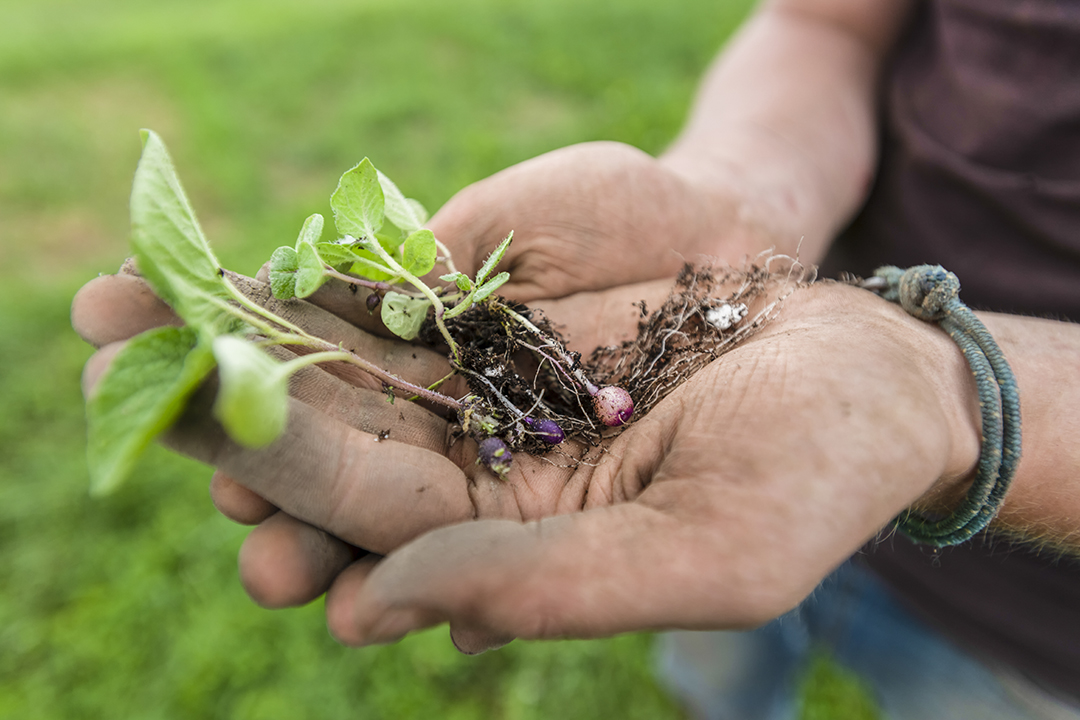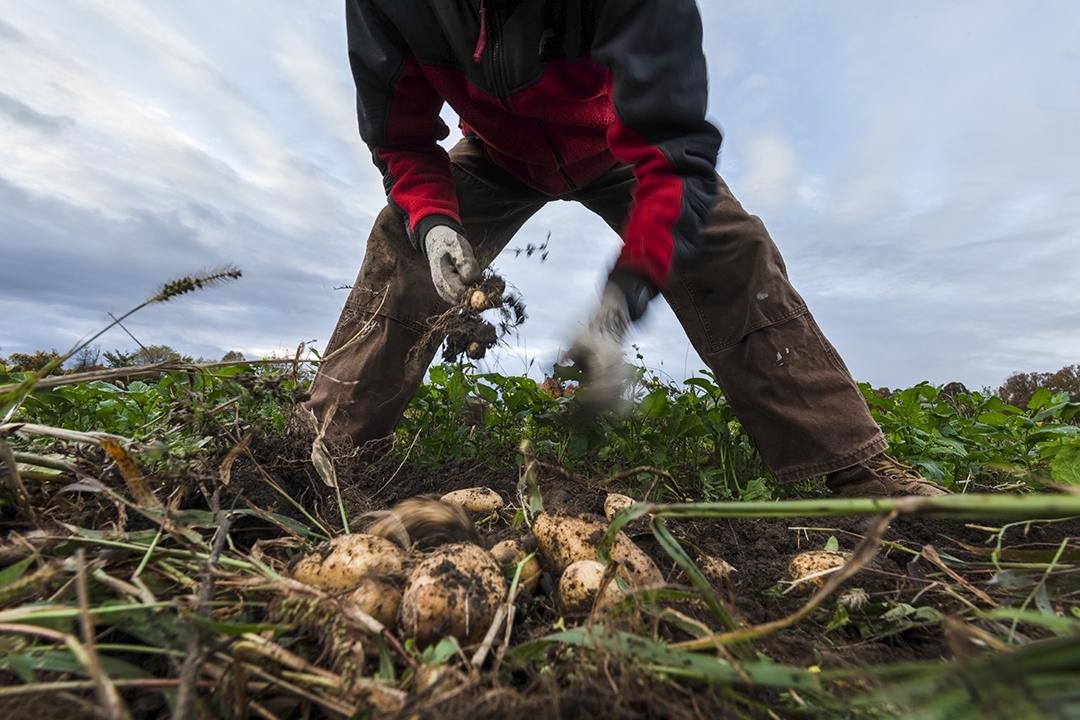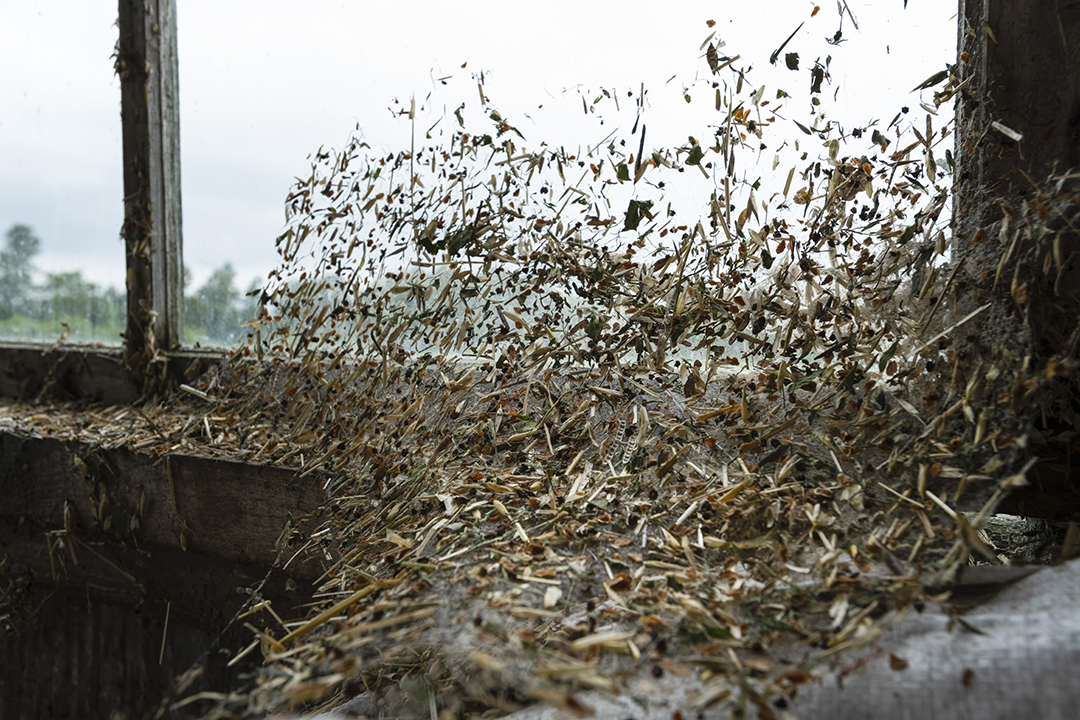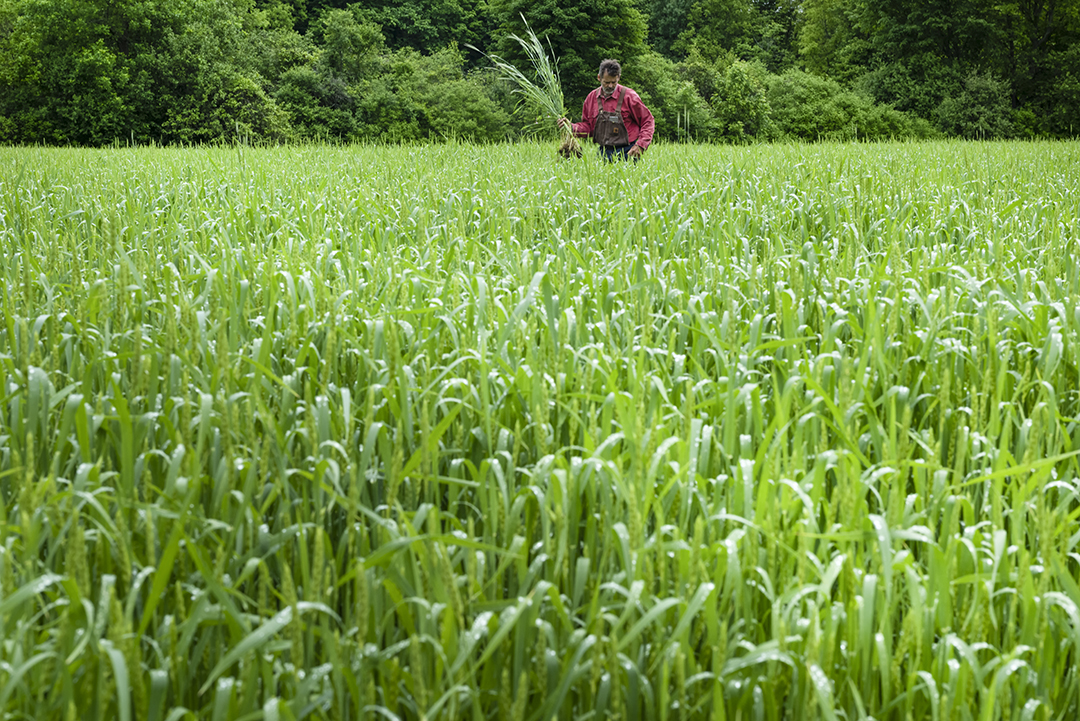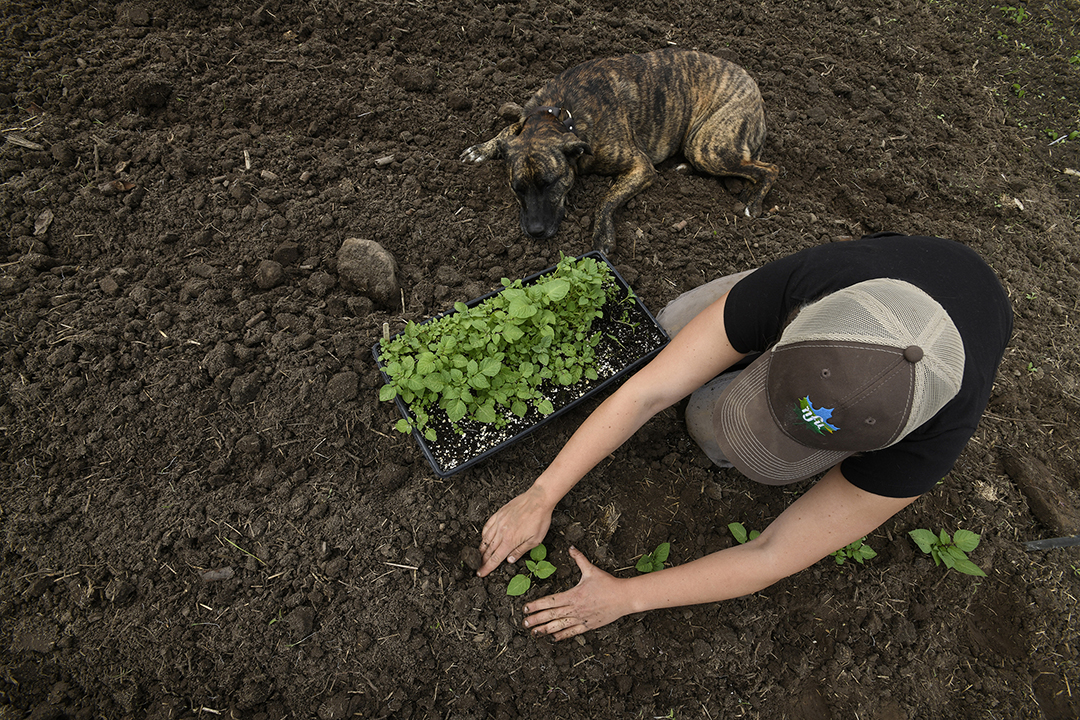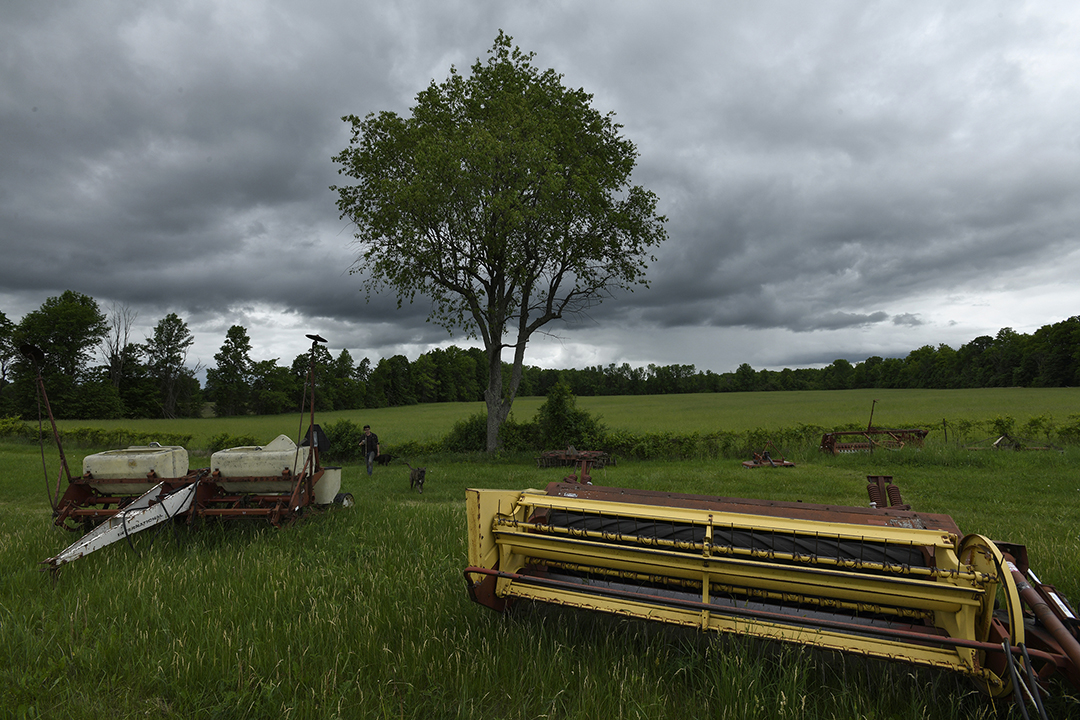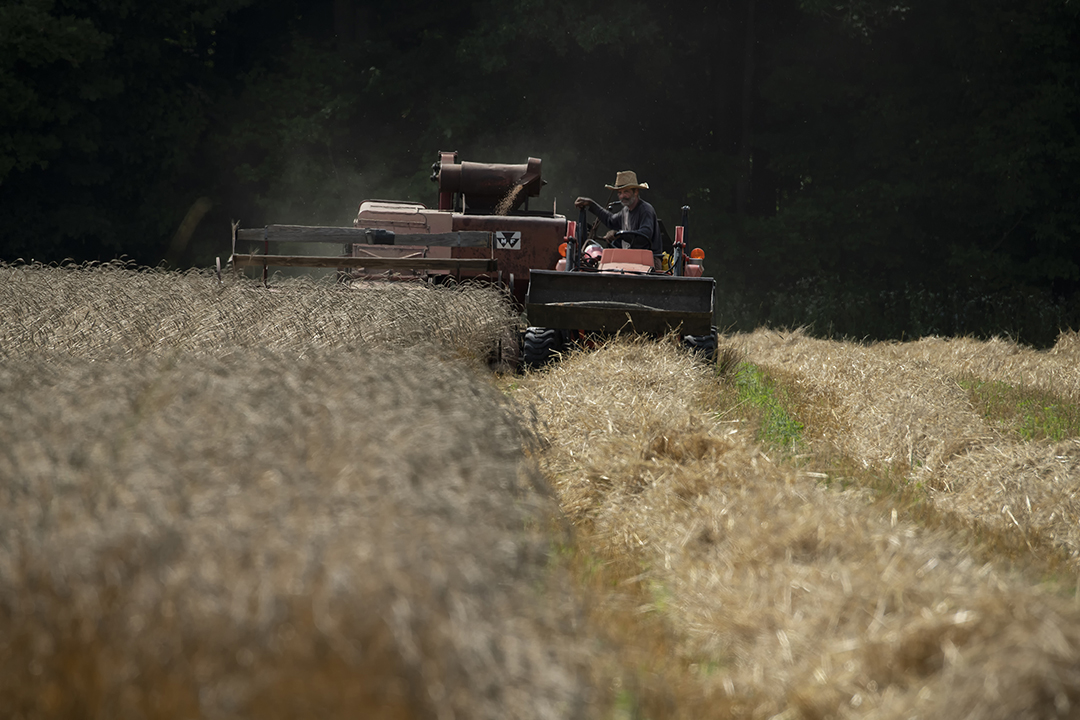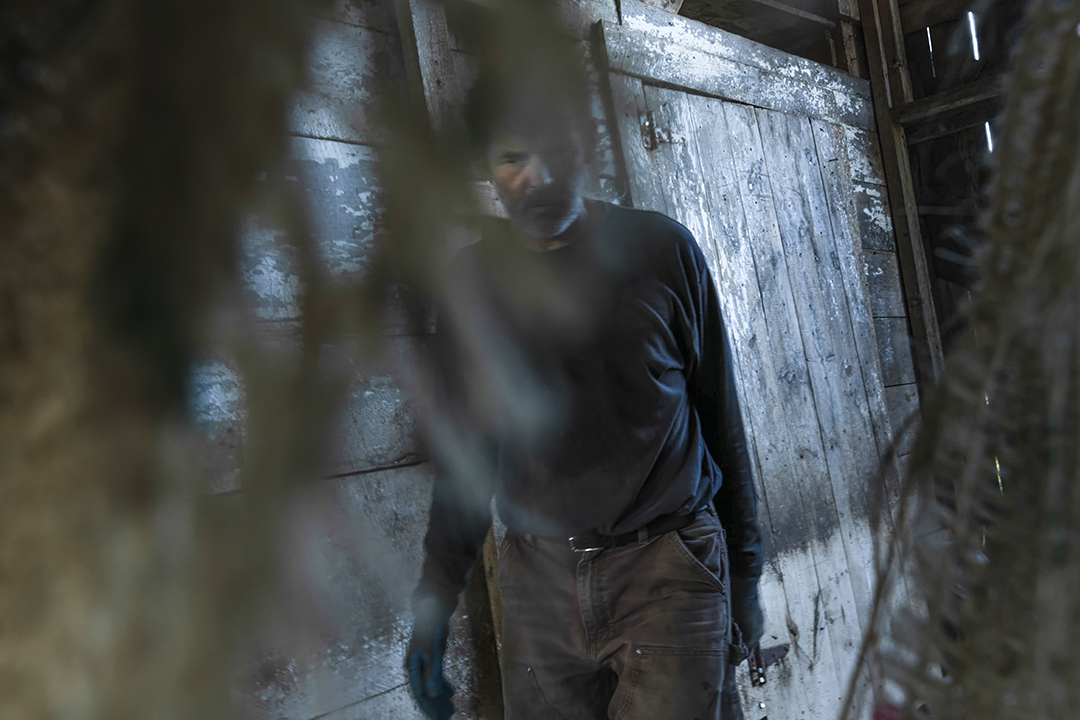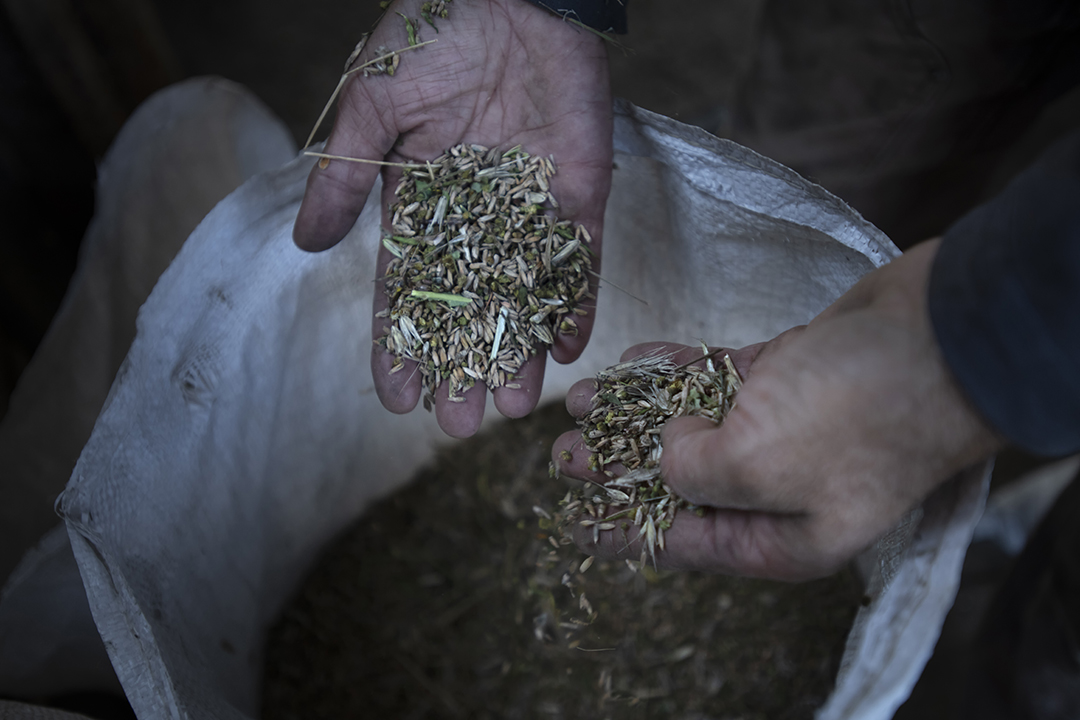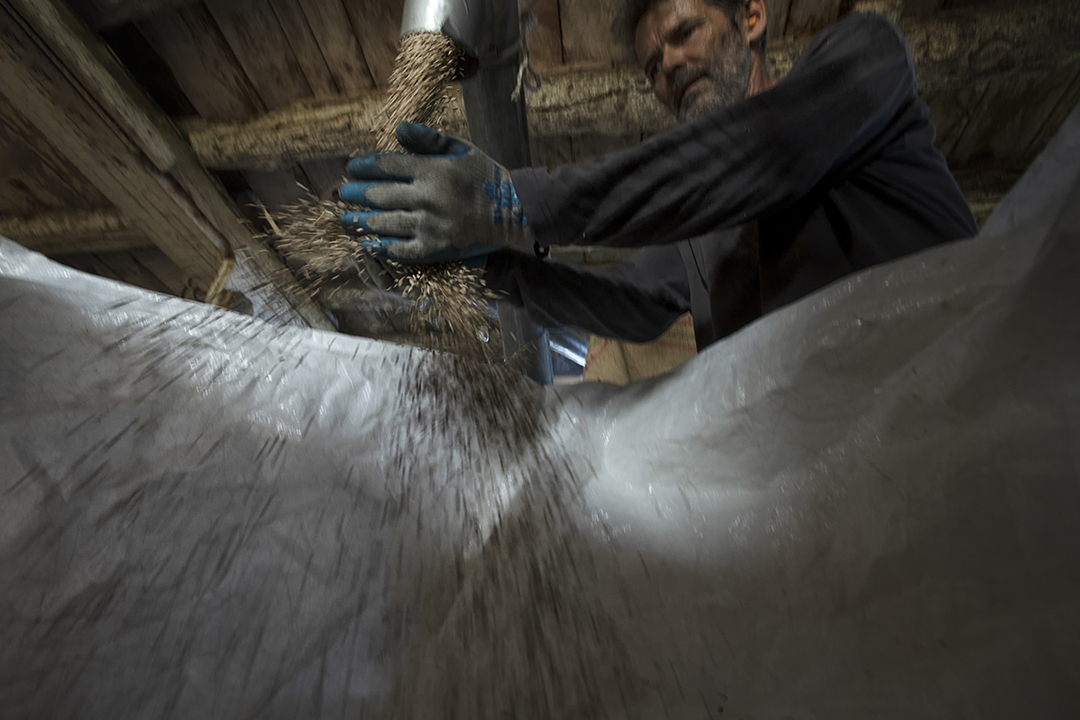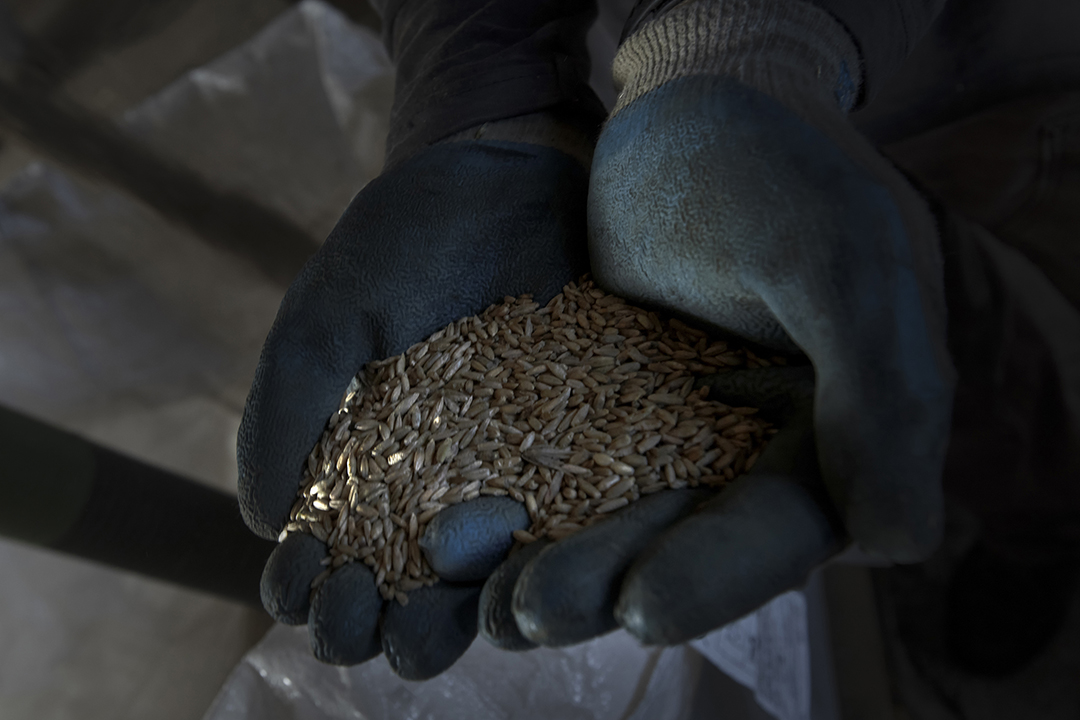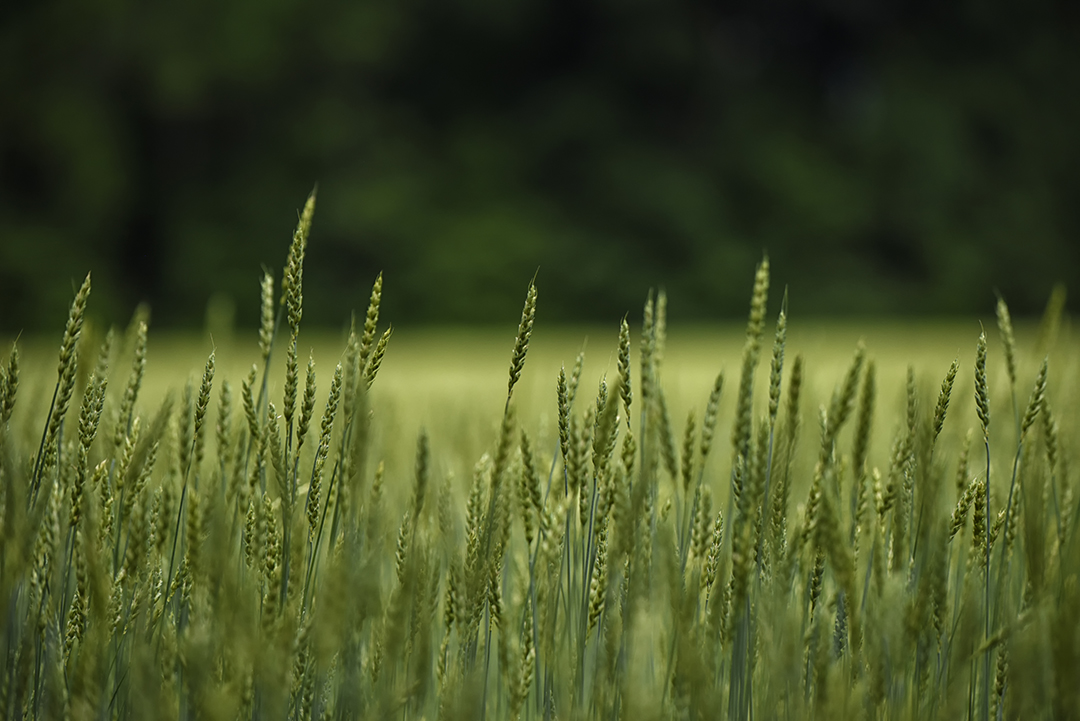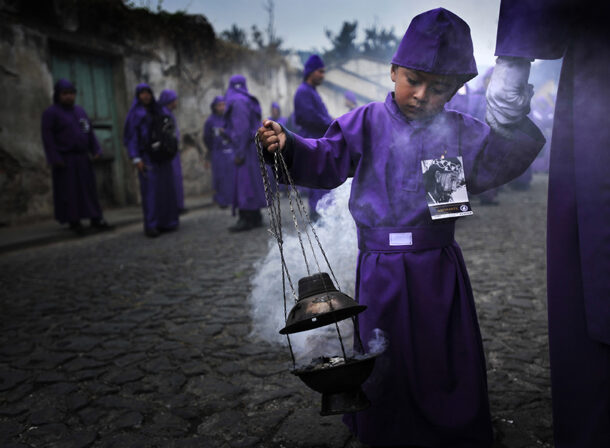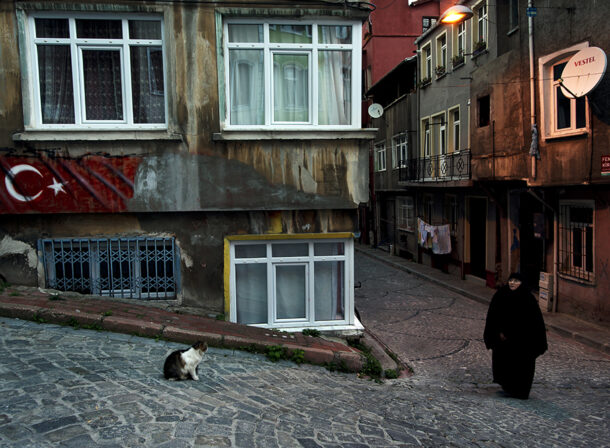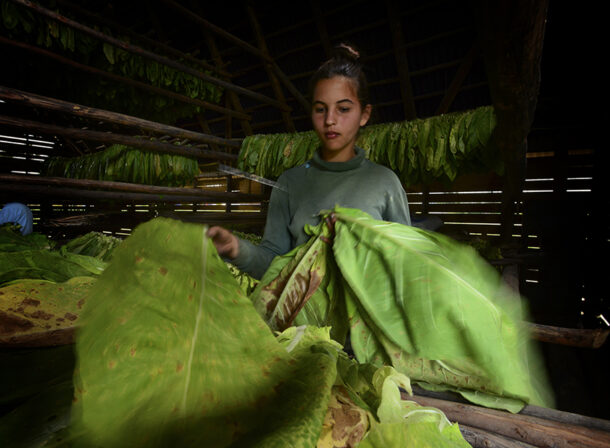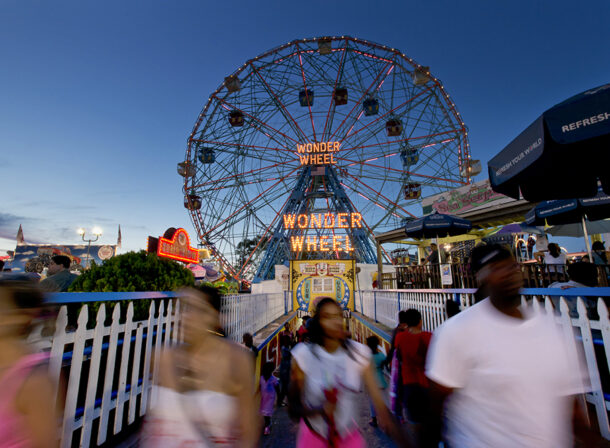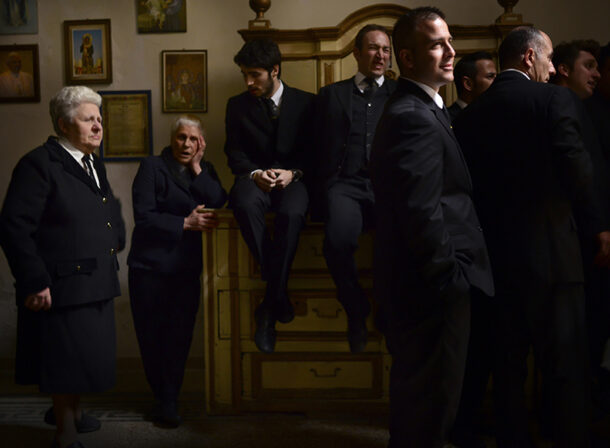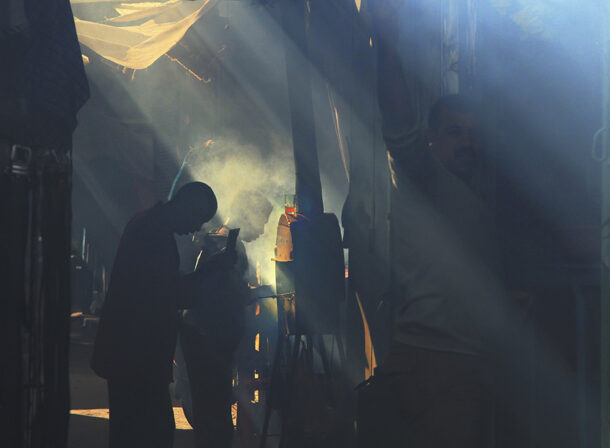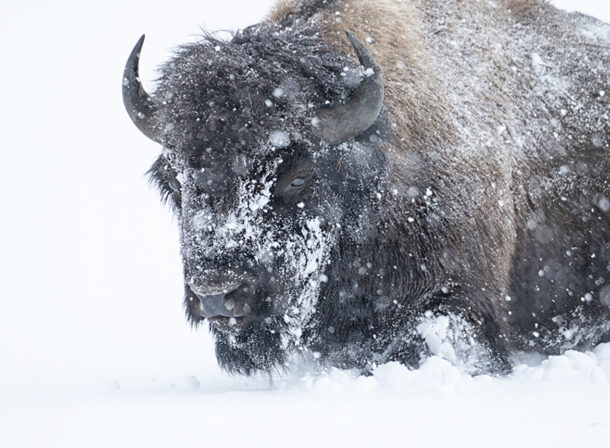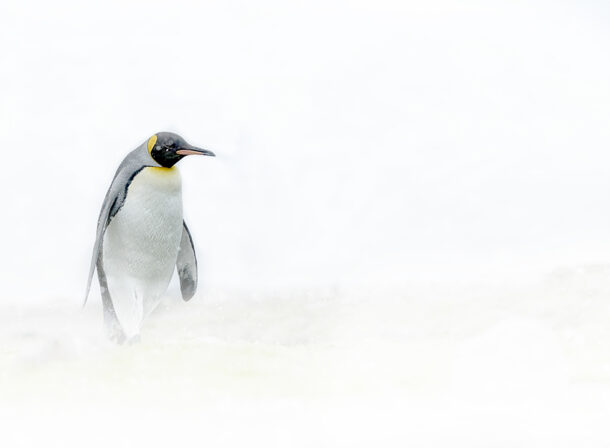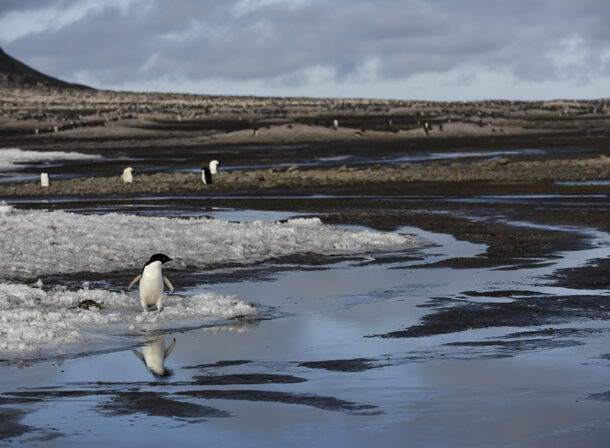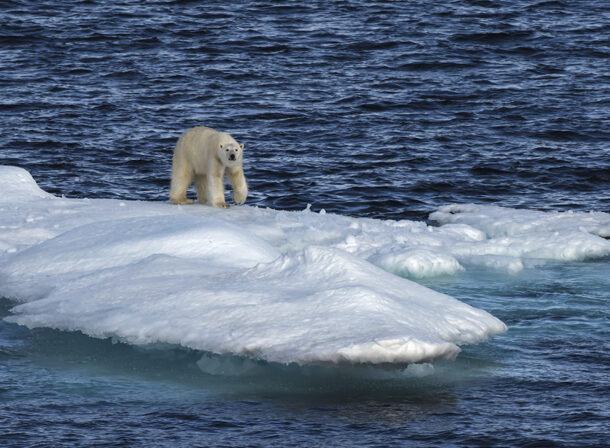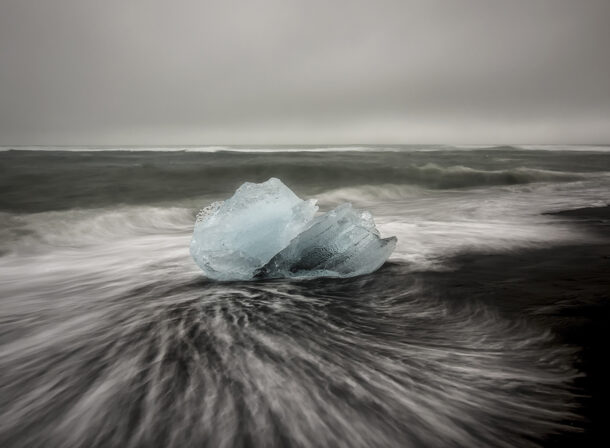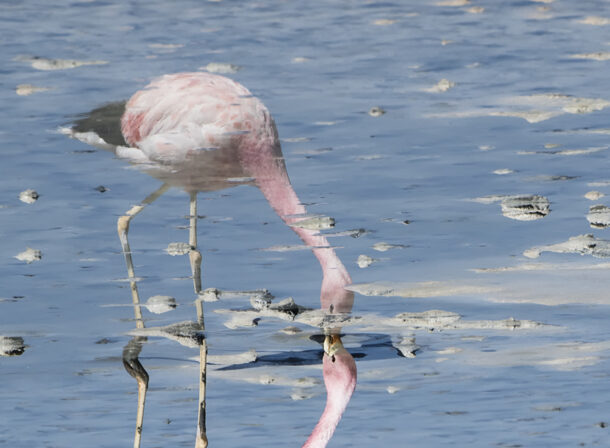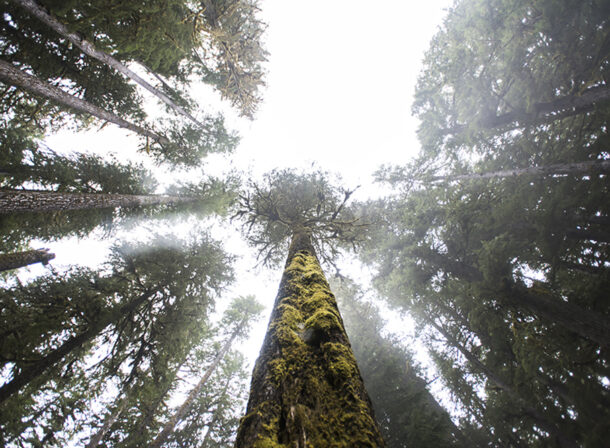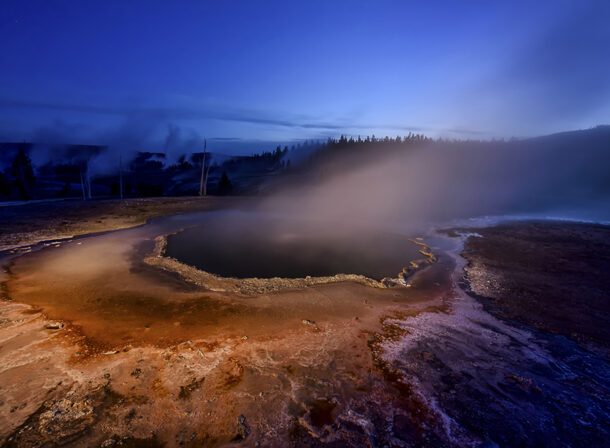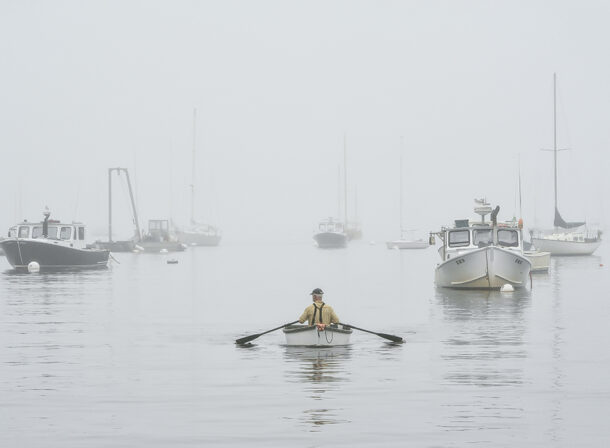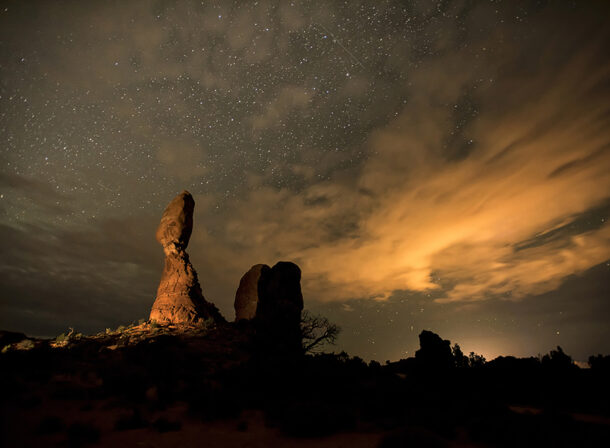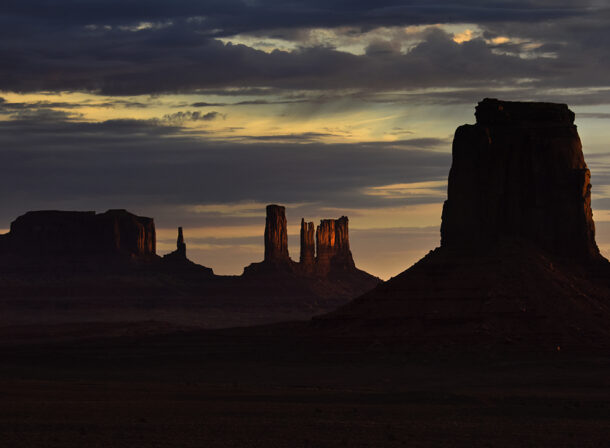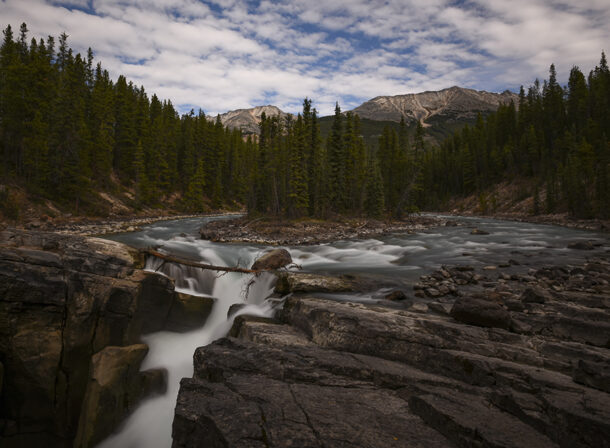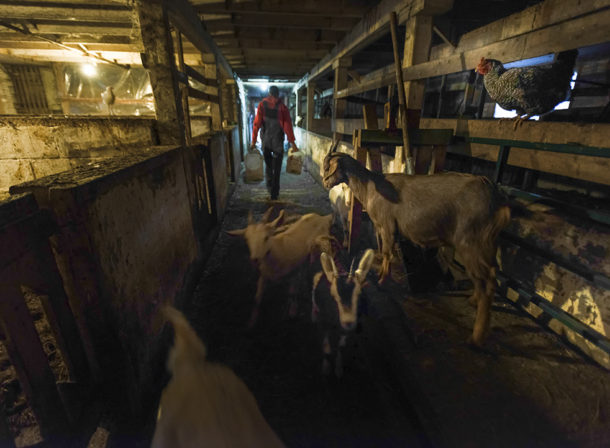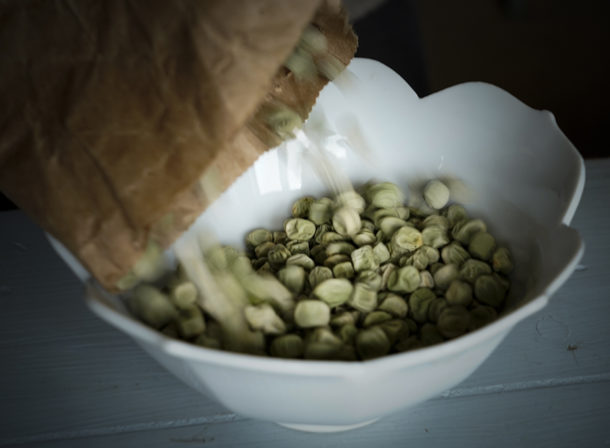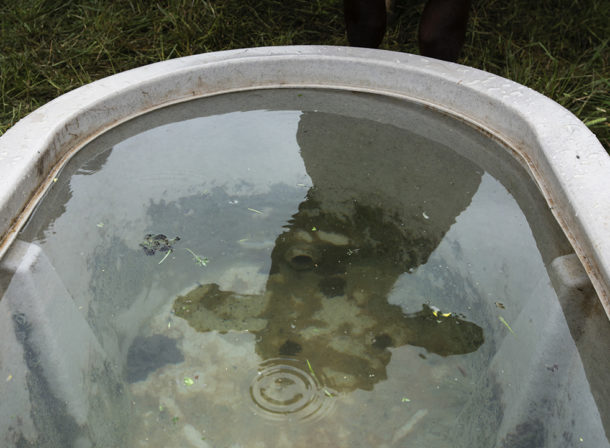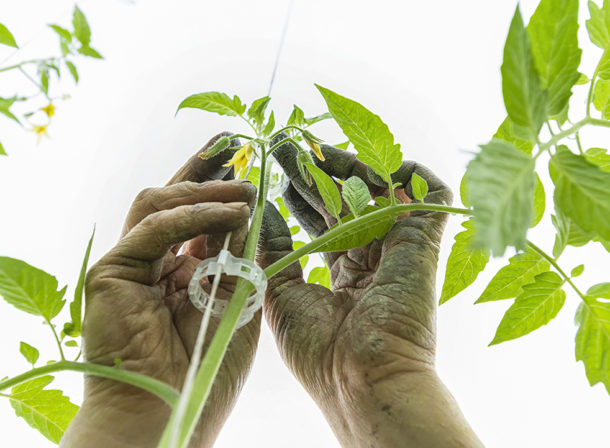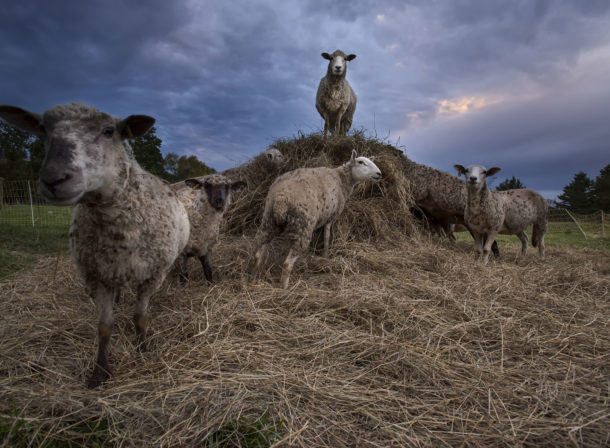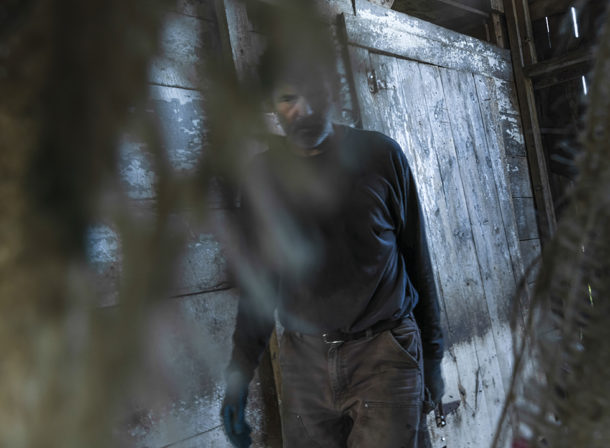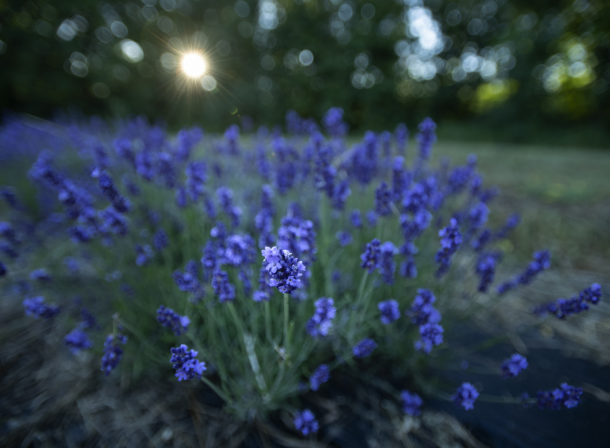“You are eating soil, you are madeof soil,” explains Chris Wooding. “All chemicals in your body for connective tissue, blood, hemoglobin, mitochondria, everything—everything—comes from soil.” As a farmer, he says, “Soil is what you should be growing.”
Chris and Mary Wooding run Ironwood Organics, where they grow organic heritage grains including wheat, rye, oats, and barley. Most of what they grow is used by local bakers and brewers; they grind flour on-farm in their own mill. Mary also runs a flower CSA through her business Twig & Fleur, and teaches workshops on wildcrafted decorations.
For Chris, the path to farming emerged from a love of complex systems. “I have a deep natural history curiosity. All that stuff just fascinated me from day one.”
Chris and Mary didn’t plan to become farmers; they had moved to a rural property and ran a Geographic InformationSystemsConsulting business out of a converted barn.
But around the year 2000, they became increasingly aware of the vulnerabilities of the food system, and started gardening. “We wanted to get off the food grid, and way overplanted,” explains Chris. They took the excess to the Gananoque Farmers’ Market, and within a few years began to grow heritage Red Fife wheat.
From there, they gradually expanded. “It’s been a slippery slope!” says Chris. “Getting more infrastructure, renting land. We ended up buying 170 acres.”
Chris’s background running a business gave him a unique perspective on sustainable farming, and he keeps track of everything. “I’m a militant record-keeper.” His conclusion? “It doesn’t make financial sense to farm.”
That’s because food prices now don’t include “externalities” like health care and ecological services. Good farming produces good food, which makes people healthier and protects the environment, Chris says, but those services need to be included into the price tag of food.
“Let’s arbitrarily say a third of the dollar is the food grown, a third of the dollar is ecosystem services, and a third of the dollar is carbon sequestration. Until we get those other sixty cents, then we can’t afford to grow food. We’re just volunteering.”
“We’re doing the right thing, we can have a clear conscience when we die,” but it’s not a sustainable business until food pricing is based on the true cost, and somehow represents the true benefits, of sustainable farming.
Still, they do their work—both growing food (including grains and potatoes) and improving the soil health, biodiversity, and habitat potential of their land.
Having enough time is a big challenge. Mary works full time, and Chris spends three days a week off-farm. Maintenance is major task; much of their small-scale grain equipment is from the 1950s. “It needs a lot of repair,” says Chris, “but the bill is still less than the cost of a modern combine tire.”
Weather is another big challenge. Global warming is already making it more difficult to time the planting of crops. “Seeding is becoming a crapshoot with climate change,” says Chris. They are experimenting with staggered plantings, so that if extreme weather harms one planting, another planted earlier or later in the spring might succeed. Their potatoes—which they breed to produce new varieties—have been more able to flourish in irregular seasons. Even then, Chris warns: “The food system is delicate.”
Much of their focus is on improving the health of the land. “The biggest hope is to continue the ecological salvage of the farm,” says Chris. “There are pockets of the farm that we never get to, and they are the healthiest. We have some beautiful old oaks. Great-great-great-great-grandfather trees.”
“We’re starting to do hedgerow restoration. I’m going to be dead before it comes to completion,” Chris says. He hopes that these improvements will “dampen the effects of climate change, reduce transpiration and store more water,” increasing the farm’s ecological diversity and resilience.
As global warming increases temperatures and windspeeds, Chris says, “most of our current trees are going to fall down.” That means encouraging younger generations of trees that can replace them, and that will grow up exposed to high winds and develop sturdier branches and root systems.
“The last thing is: I want to still love farming,” says Chris. “I’m getting older, and I’m getting over cancer as well.
“Last April, when I was diagnosed, I thought: ‘If this is my last summer on earth, do I want to be out digging spuds? Is this what I want to do?’ If you can answer yes, well, it’s a pretty lucky thing to find something you can spend your last days on earth doing.
“I may not have been well enough to harvest, but I still wanted to put stuff in the ground. So that gives me a sense that I’m doing the right thing.”


